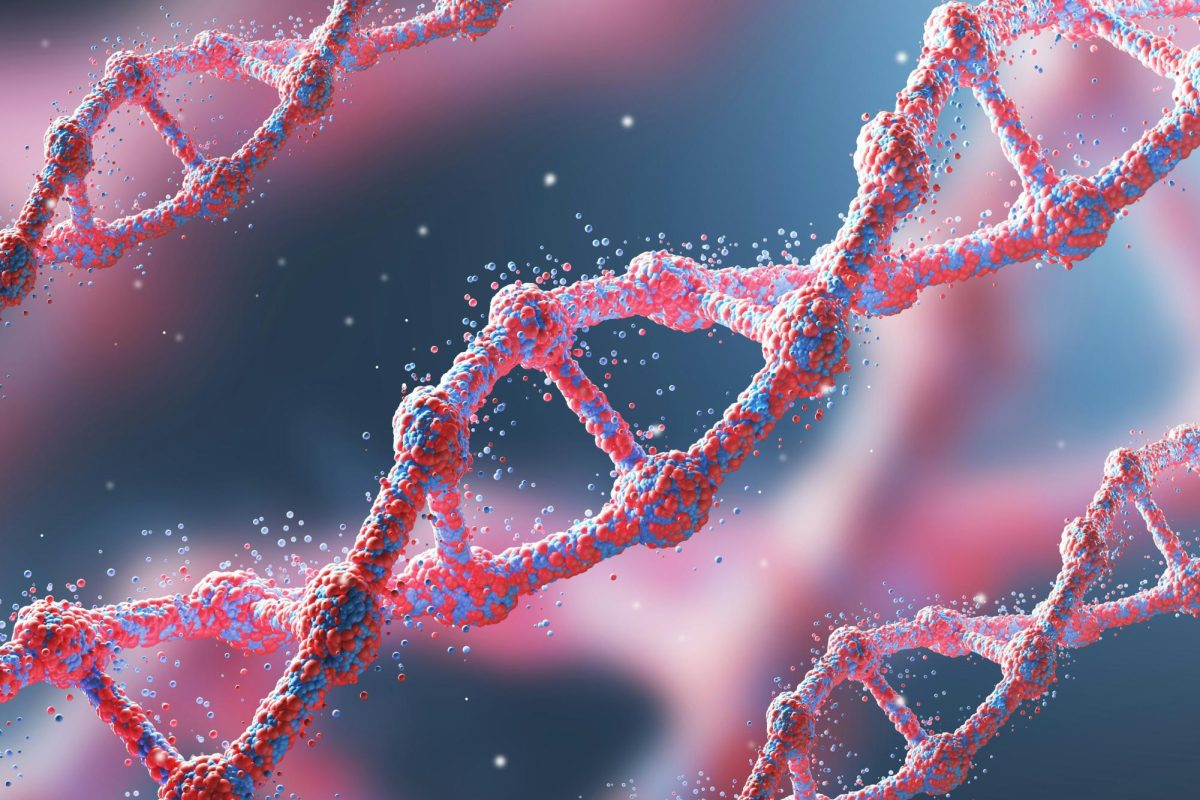DNA is a genetic information coil exhibiting generations of a family’s traits and characteristics. The standard DNA stand is one of the body’s most sacred historical connections to the past. 23andMe is a genetic testing company that examines saliva to generate reports on ancestry and potential health problems for the future. Unfortunately, this business went south recently, filing for Chapter 11 bankruptcy on March 23, 2025.
This bankruptcy was unfortunately not a surprise, according to the New York Times. After a 2023 data breach in which attackers gained access to information from close to 7 million customer profiles, 23andMe’s stock price plummeted, and the company settled a class-action lawsuit for $30 million. This data breach was the first major upheaval that eventually led to the ending of this company’s lifespan.
The bankruptcy raises privacy concerns involving 7 million people whose genetic samples could be sold. “What we’re witnessing with 23andMe is a stark wake-up call for data privacy,”Adrianus Warmenhoven, a cybersecurity expert at NordVPN, says.
This statement from a cybersecurity expert characterizes the alarming nature of this privacy issue, as Warmenhoven explained that genetic data isn’t just a bit of personal information — it is a biological profile that outlines people’s past and future health problems and traits.
When a company goes under, this personal data is an asset to be sold with potentially far-reaching consequences. In its recently updated privacy policies, 23andMe explains that if the company is involved in a bankruptcy or similar situation, “your Personal Information may be accessed, sold or transferred as part of that transaction and this Privacy Statement will apply to your Personal Information as transferred to the new entity.”
Privacy experts notes that the lack of clarity regarding the transference of information to a new company, as well as the potential for hackers to take advantage of the chaos, should worry customers. These experts and various officials, including the attorney generals for California and New York, recommend customers delete their accounts in an effort to ensure the security of their data.
Mrs. Bruhn, a Biology teacher here at CCHS, shared key details about biology and the importance of this matter. “Genetic information is private because there are many things there that might determine their future.
“Maybe you have a disease that you would not have known until you’re an adult, and knowing this information can cause people to make irrational decisions,” Bruhn explains.
Bruhn discussed how genetic data can be seen as sacred, involving delicate information about future health problems that could lead to fatality or a jurassic change in someone’s life.
“If somebody personally wants to know their information, that’s fine, and what they do with it is up to them, but I don’t think other bigger agencies or a greater group should make those decisions for one person,” Bruhn says. Bruhn felt that large agencies should not be handling this information because of the privacy concerns and the potentially emotional ties to the information they collect.
Consumers will have to wait and see if 23andMe will address the privacy concerns and maintain a tighter seal on millions of people’s information upon the company’s demise.
This dilemma has caused a massive wake-up call in cybersecurity privacy and protection. This bankruptcy has sparked an appeal to many people who care about the online security of information.























































Ivy Bruhn • Apr 9, 2025 at 8:19 AM
Great job Brooklynn! Follow your passion. This is great information.